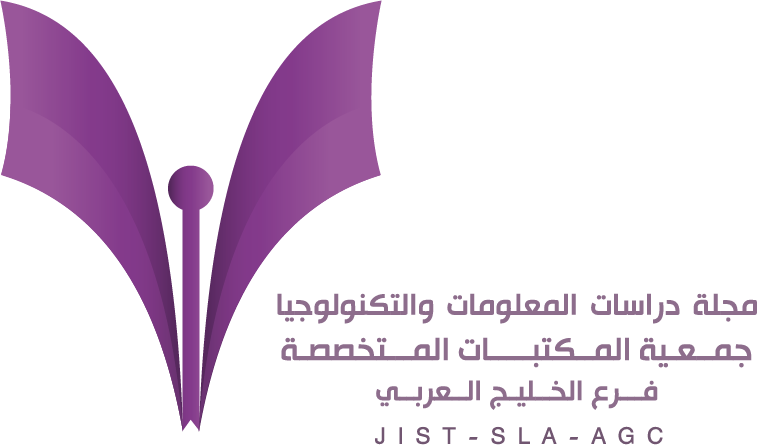-
oa الفوائد المتوقعة من البيانات الحكومية المفتوحة في المملكة العربية السعودية
- Source: Journal of Information Studies & Technology (JIS&T), Volume 2022, Issue 1, مارس ٢٠٢٢, 6
-
- ٢٩ يوليو ٢٠٢٢
- ٠٦ نوفمبر ٢٠٢١
- ٣١ مارس ٢٠٢٢
ملخص
ملخص
توفر مبادرات البيانات الحكومية المفتوحة عددًا من الفرص التي تسعى إلى تحقيق فوائد سياسية واجتماعية واقتصادية وتشغيلية وتقنية من خلال إتاحتها للاستخدام العام. ولتحقيق ذلك، تستثمر المملكة العربية السعودية قدرًا كبيرًا من الجهد والمال في دعم هذه المبادرات التي تتمثل في إنشاء بوابات البيانات المفتوحة لاستخدامها في توفير مجموعات بيانات يتم تجميعها إداريًا ويمكن قراءتها آليًا.
تهدف الدراسة بشكل أساسي إلى دراسة الفوائد المتوقعة من مبادرات البيانات الحكومية المفتوحة في المملكة العربية السعودية، من أجل الحصول على فهم عميق للفائدة المتوقعة من البيانات الحكومية المفتوحة في المملكة العربية السعودية، تم إجراء (10) مقابلات شبه منظمة (semi-structured interviews) مع المسؤولين الذين ينفذون مبادرات البيانات الحكومية المفتوحة. تشير النتائج إلى عدد كبير من الفوائد المتوقعة للبيانات الحكومية المفتوحة التي تتمحور حول: (1) الفوائد السياسية والاجتماعية، (2) الفوائد الاقتصادية، (3) الفوائد التشغيلية والتقنية.
وفي الختام أشار الباحث إلى الحاجة لمزيد من الدراسات التي قد تبحث في التحديات التي تحد من تحقيق الفوائد المتوقعة من مبادرات البيانات الحكومية المفتوحة ومدى إمكانية تحسين هذه الفوائد. يمكن إجراء مثل هذه التحسينات على المستويين المحلي والإقليمي من خلال الاستفادة من مبادرات البيانات المفتوحة في البلدان الأخرى، مع مراعاة السياق والقيم المجتمعية لكل بلد.
Open government data initiatives provide a number of opportunities that seek political, social, economic, operational, and technical benefits by making them available for public use. To support these initiatives, the Kingdom of Saudi Arabia invests a great deal of effort and money to set up open data portals to be used in providing data sets. They are administratively bundled and machine-readable.
This study aims to examine the anticipated benefits of open government data initiatives in the Kingdom of Saudi Arabia. In order to obtain a deep understanding of the anticipated benefits of open government data in Saudi Arabia, 10 semi-structured interviews were conducted with officials implementing open government data initiatives. The results indicate various anticipated benefits for open government data centred around (1) political and social benefits, (2) economic benefits, and (3) operational and technical benefits.
In conclusion, the researcher points to the need for further studies that may investigate the challenges that limit the achievement of the anticipated benefits of open government data initiatives and the extent to which these benefits can be improved. Such improvements may be made at the local and regional levels by taking advantage of open data initiatives in other countries, taking into account the context and societal values of each country.


